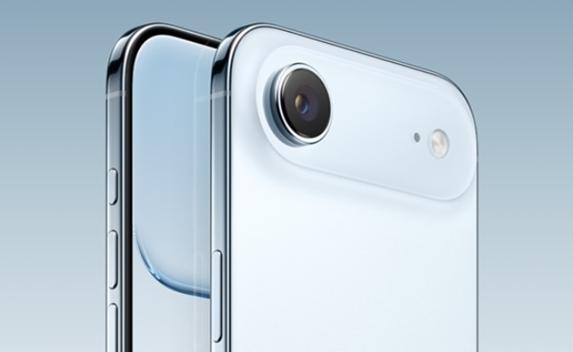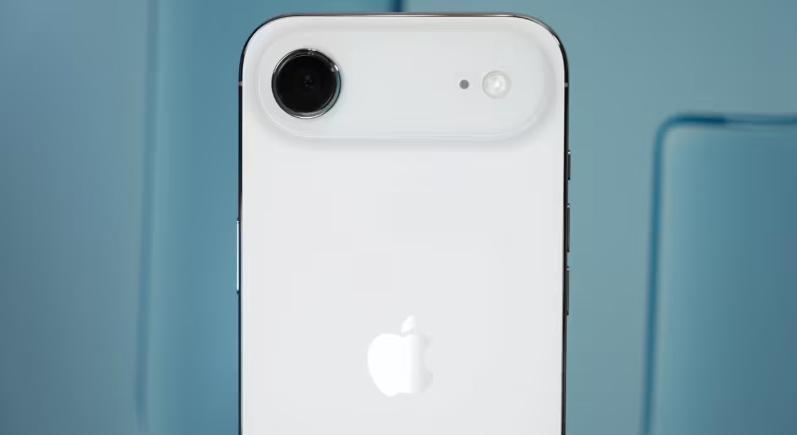Even Apple Struggles to Prop Up Sales: iPhone Air’s First-Week Sales Plummet, Competitors Halt R&D!
![]() 11/03 2025
11/03 2025
![]() 416
416
When it comes to Apple’s “Waterloo” moments in iPhone sales history, the iPhone 5c from years past stands as a prime example. The main issue was that its competitiveness fell short of its price tag. Buyers felt it wasn’t worth the cost, while potential customers grew wary of its performance after reading negative reviews. Ultimately, it was shunned by both the market and consumers. Now, the iPhone Air seems to be heading down a similar path, as all indicators point to a bleak outlook. Even Tim Cook dodged questions during the earnings call, hinting at disappointing sales figures.
However, the severity of the situation has taken everyone by surprise. According to recent leaks, the iPhone Air saw a mere 50,000 activations in its first week—a record low in iPhone sales history. Even the iPhone 5c didn’t fare this poorly. While the future remains uncertain, it seems almost certain that the iPhone Air will earn the title of Apple’s least successful iPhone.

This development not only puts Apple in an awkward position but also leaves competitors scratching their heads. Previously, the entire industry doubted the viability of ultra-thin models and waited for Apple to take the lead, hoping to gauge market response and consumer acceptance. The outcome, however, was unexpected. If even Apple can’t drive sales for such a device, other manufacturers are unlikely to pursue similar projects. Leaks suggest that some competitors have already suspended R&D on slim “Air”-style models. While the specific manufacturer isn’t named, netizens widely suspect it’s the one most known for comparing itself to Apple.
In fact, I’ve repeatedly warned that the iPhone Air might follow the same trajectory as the “mini” and “plus” models. But the speed of the market’s reaction caught me off guard. Apple had prepared at least a million units for the Chinese market, yet only 50,000 were activated in the first week. Production cuts now seem inevitable. To clear existing inventory, price reductions appear to be the only viable option.

The current concern is that negative online reviews of the iPhone Air could spread rapidly. Over time, even price cuts may fail to revive sales. The iPhone Air sacrificed too much for its slim design while remaining prohibitively expensive. It’s unlikely to reach the rock-bottom prices some users jokingly suggest. Under these pressures, the iPhone Air will likely end up in a no-win situation: prices can’t be slashed significantly, and sales remain stagnant. For Apple, a swift production halt to minimize losses now seems unavoidable.
Competitors will also act swiftly to cut their losses. If one company abandons its project, others may follow suit, not only halting R&D plans but also reevaluating the feasibility of ultra-thin models altogether. Does this mean slim phones have no future? Not necessarily. Users want devices that strike a balance between battery life, imaging capabilities, and other features without major compromises—and at more reasonable prices.

At this rate, recent online rumors about an updated iPhone Air model launching next year may prove overly optimistic. What’s your take?






